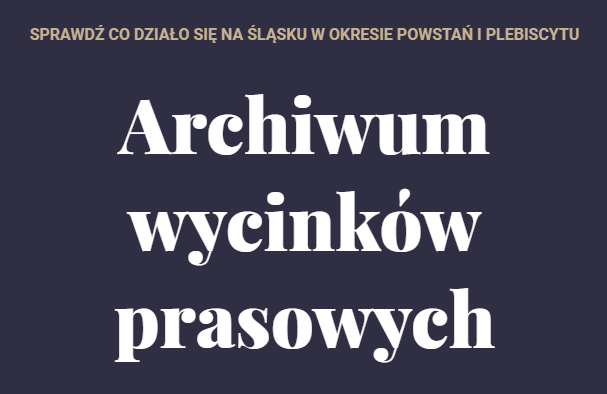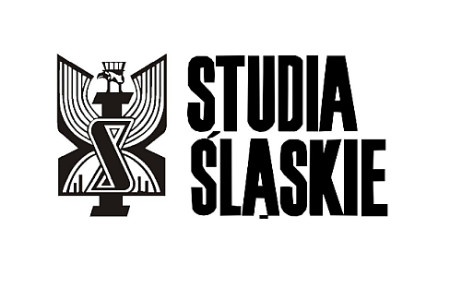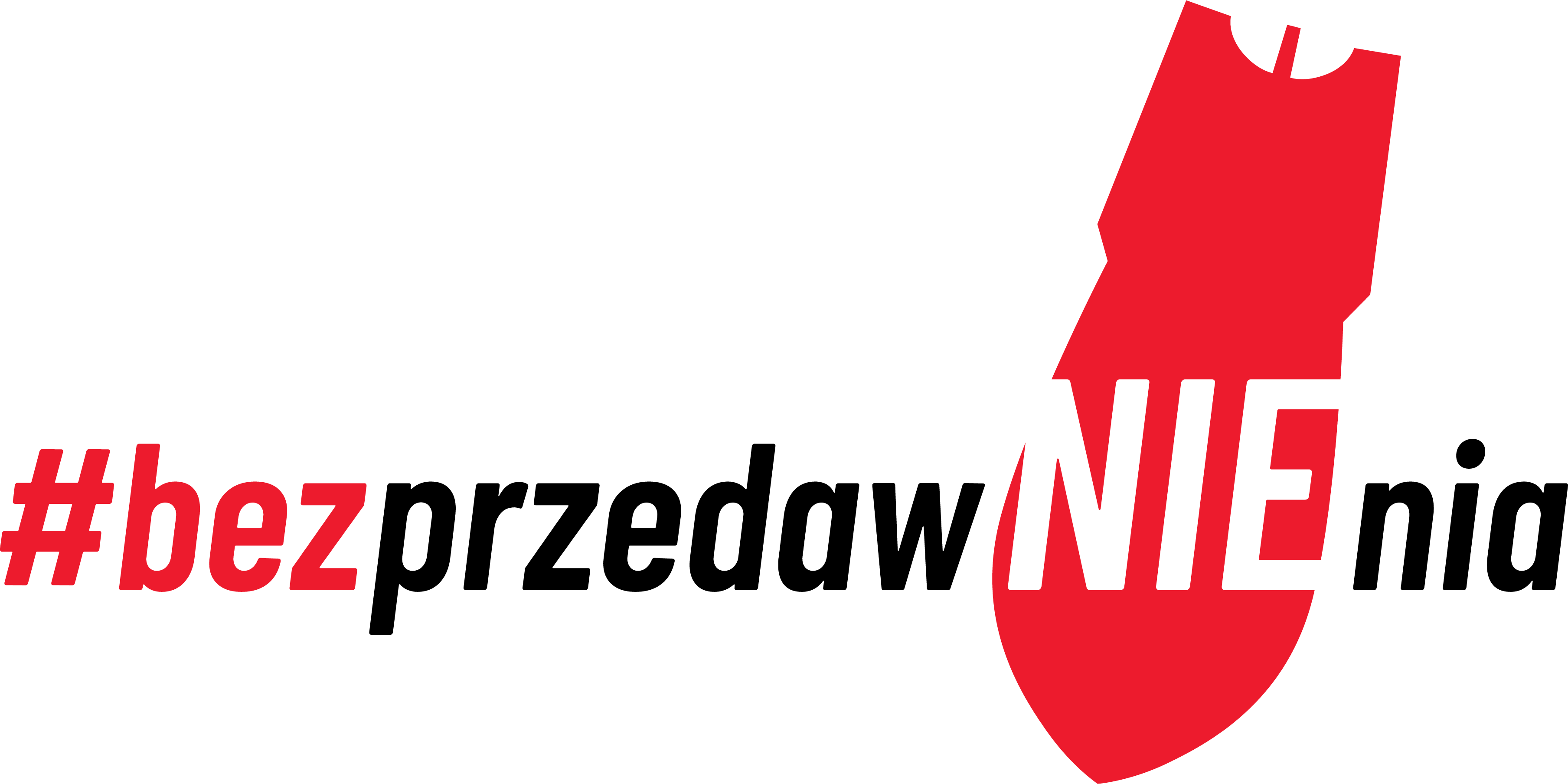Region and Regionalism No. 4. Multicultural regions and cities
1,05 zł
Redakcja: Marek Koter i Krystian Heffner
ISBN: 83-7126-125-X
Rok wydania: 1999
Liczba stron: 224
Opis
Contents
Foreword
Section I. Multiculturalism – new ethnic and social processes, integration or partition?
Krystyna Rembowska – Multiculturalism and democracy. Case of Poland
Marin Bachvarov – Hostile civilisations or co-existence of cultures on the turn of the 20th century
Jernej Zupančič – Possibilities for the ethnic survival of minorities in a multicultural society. Theoretical and practical aspects
Lennart Styenman – A multicultural society in Sweden – a utopia?
Section II. Multicultural regions in regional structures of Europe
Małgorzata Pacuk, Tadeusz Palmowski – Baltic Euro-region: a stimulator of intercultural co-operation
William Stanley, Elke Knappe – Kaliningrad and the changing geopolitics of the Baltic
Jan Wendt – Political regionalization of East Prussia
Pascal de Rauglaudre – Russophones in Latvia: a geopolitical approach
Liutauras Kraniauskas: Shape of a new multicultural space in Lithuania
Krystian Heffner – Ethnically mixed regions in the Polish conceptions of regionalization: the Opole region in Silesia
Anna Portisch – The Czech-German bilateral declaration: negotiating Czech geographical positionality and the ‘European Homeland’
Peter Repolusk – Ethnically undefined population in Slovenia population census in 1991
Olga Gubova – Central Europe towards European Union – separately or together?
Ewa Klima – Euro-region Tatry – European integration?
Section III. Regions in ethnic and cultural borderlands – new centres of multicultural development or zones of confrontation?
Marie-France Gaunard – Transformation of border regions in France through the creation of Euro-regions – analysis of the multiculturalism in this European integration process
Peter Dörrenbächer, Christian Schulz – Cultural and regional integration. The case of the Saar-Lor-Lux cross-border labour market
Joanna Szczepankiewicz-Battek – Decline of the multiculturalism in the Syców region as a result of political processes in the 20th century
Wojciech Janicki – The distribution and significance of Tatar ethnic group in Poland
Alexander Khomra, Anna Starostenko – New ethnic processes in the Transcarpathia under conditions of transformational crisis
Daniel Szałankiewicz – The cultural mosaic of the eastern part of the Polish Carpathians
Alberto Capacci, Stefano Brunelli – The Provençal community in the Italy-France borderlands
Vladimir Baar – Multiethnic transregions as real or potential riot zones
Section IV, Multiculturalism as a model of socio-economic development of cities
Mariusz Kulesza – Origin and development of multicultural towns in Central Poland, Politico-geographical context
Barbara Miszewska – Wrocław as a multicultural city – in the past and presently
Grażyna Prawelska-Skrzypek, Ewa Bogacz – Multiculturalism in the process of creating identity in Cracow
Grażyna Prawelska-Skrzypek, Edyta Bieniek-Białas – Multiculturalism in the process of urban marketing – example of the city of Cracow
Alicja Szajnowska-Wysocka – Multicultural character of the Upper-Silesian conurbation
Beata Meyer – Specificity of border communities with Szczecin as an example
Tomasz Michalski – Cultural and historical conditions of the sacral buildings arrangement within the central part of the city of Gdańsk
Informacje dodatkowe
| Rok wydania |
|---|
Projekt
Szukaj książek
Tego dnia w roku…
- 1845 – w Pszczynie ukazał się pierwszy numer „Tygodnika Polskiego”
- 1848 – w Cieszynie ukazało się pierwsze numer czasopisma „Nowiny dla Ludu Wiejskiego”
- 1863 – w Kłecku k. Gniezna urodził się Józef Dreyza (zm. 6 maja 1951 r. w Siemianowicach Śląskich), działacz społeczny i narodowy, powstaniec śląski, prezes dzielnicy śląskiej Towarzystwa Gimnastycznego „Sokół”
- 1881 – w Brzęczkowicach k. Mysłowic urodził się August Hlond (zm. 22 października 1948 r. w Warszawie), biskup diecezji katowickiej, arcybiskup metropolita gnieźnieński, poznański i warszawski, prymas Polski
- 1893 – w Raciborzu urodziła się Maria Kujawska (zm. 23 maja 1948 r. w Pszczynie), lekarka, działaczka społeczna i polityczna, uczestniczka III powstania śląskiego, posłanka na Sejm Śląski, współzałożycielka Instytutu Śląskiego, w 1944 r. aresztowana i osadzona w KL Ravensbrück
- 1921 – zakończyło się III powstanie śląskie

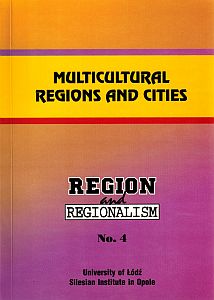
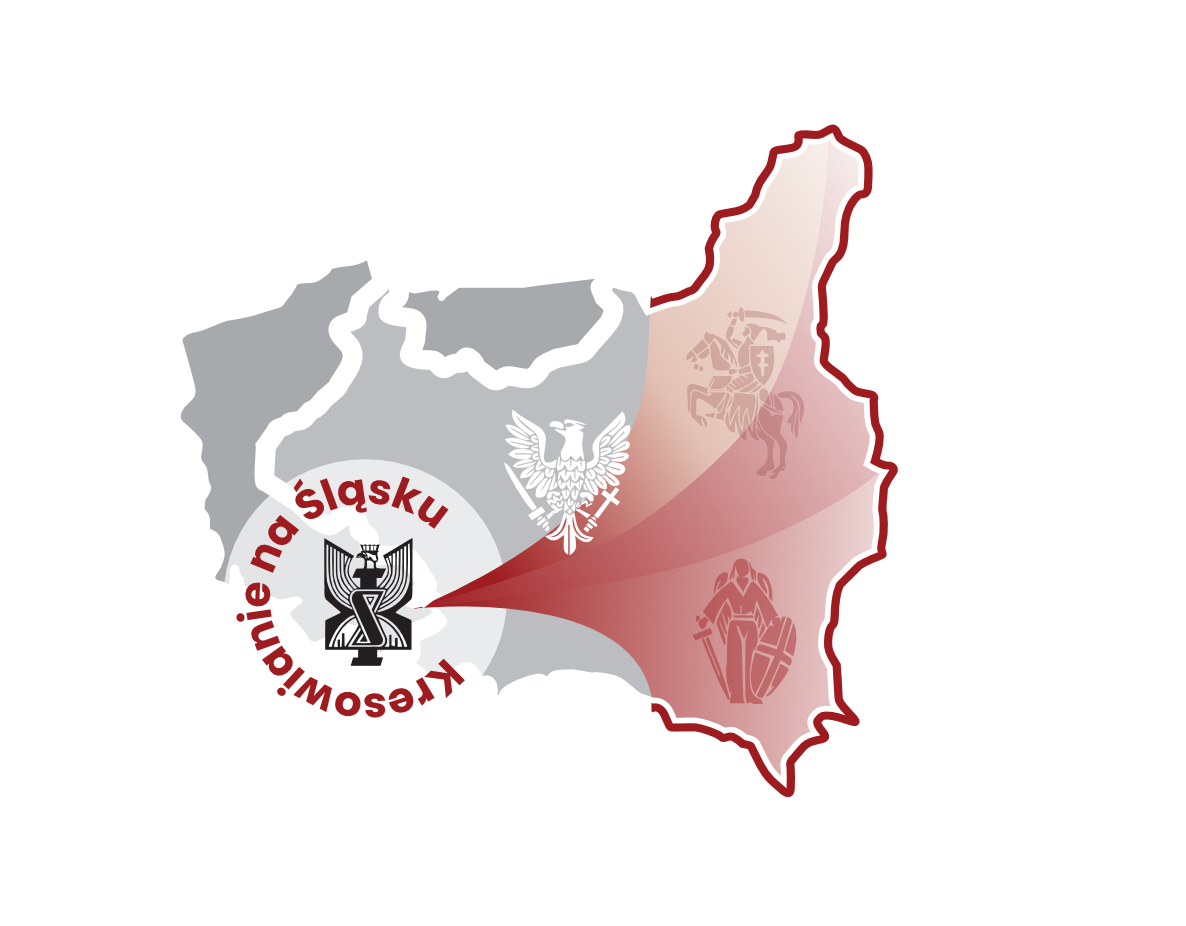 Kresowianie na Śląsku po 1945 r.
Kresowianie na Śląsku po 1945 r.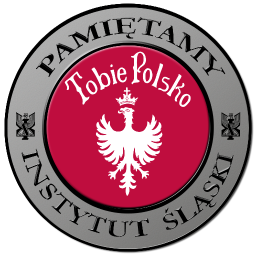 Interaktywna mapa miejsc pamięci
Interaktywna mapa miejsc pamięci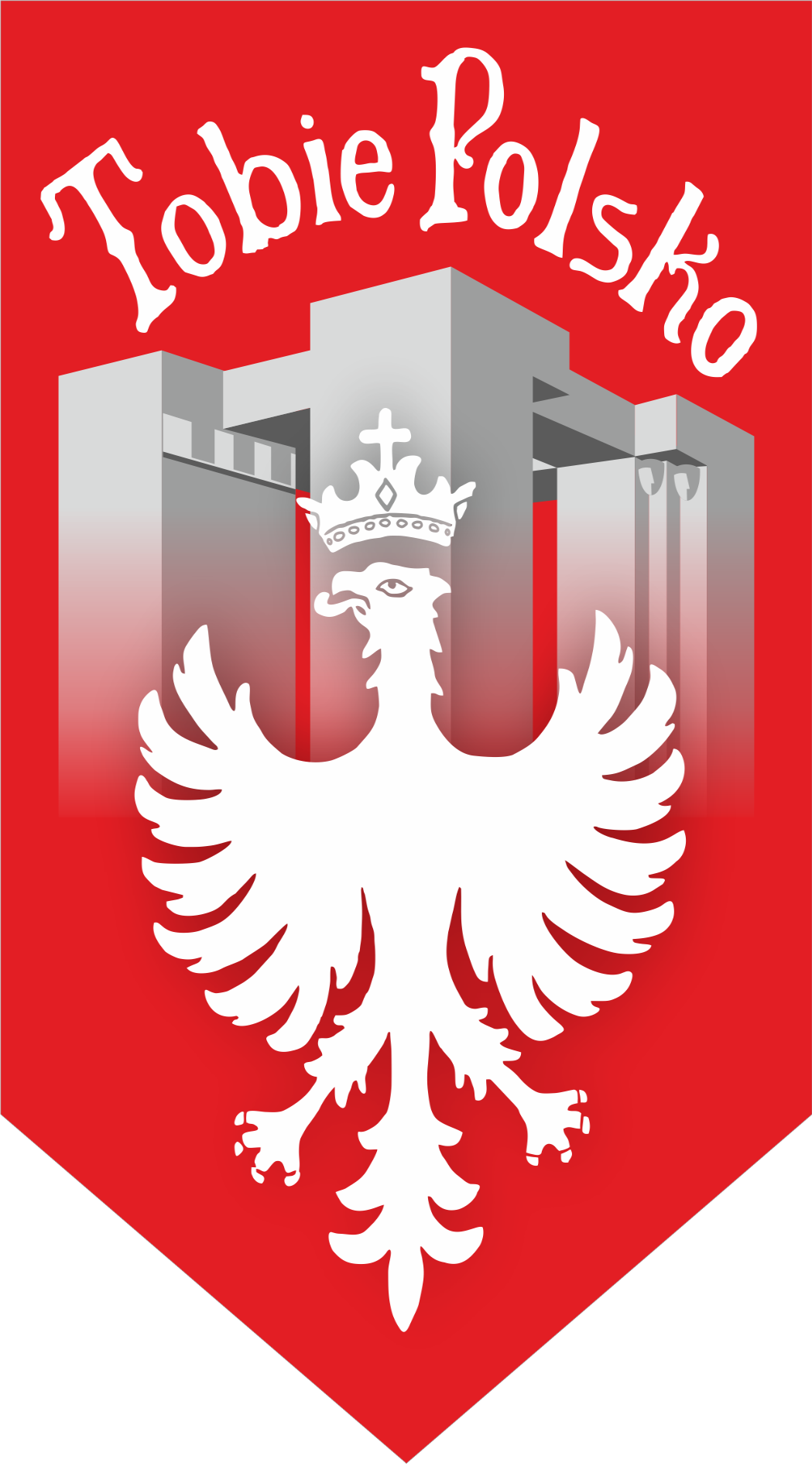 Serwis Opolskie Drogi do Wolności – kompendium wiedzy i powstaniach śląskich i plebiscycie na Górnym Śląsku
Serwis Opolskie Drogi do Wolności – kompendium wiedzy i powstaniach śląskich i plebiscycie na Górnym Śląsku